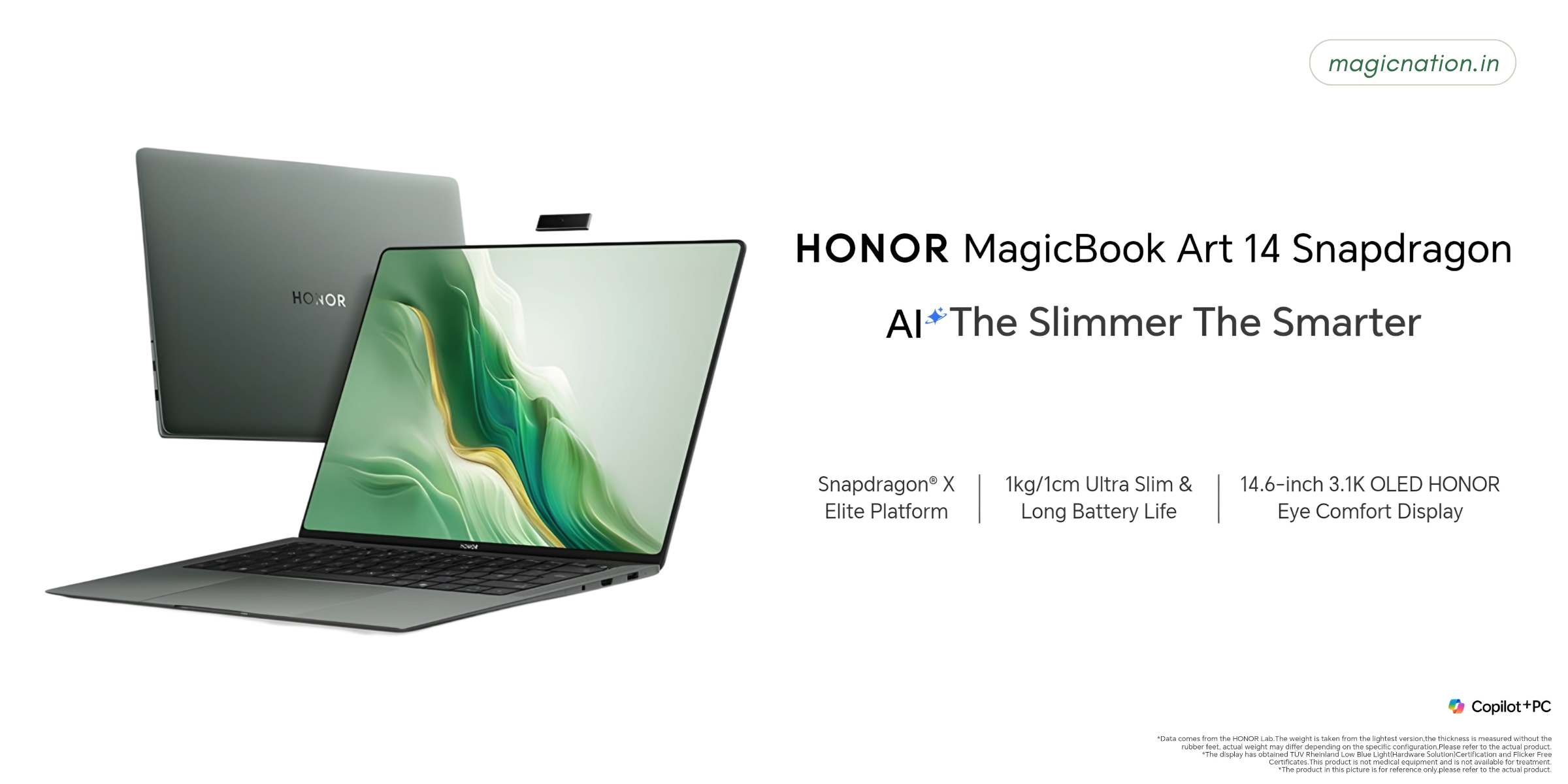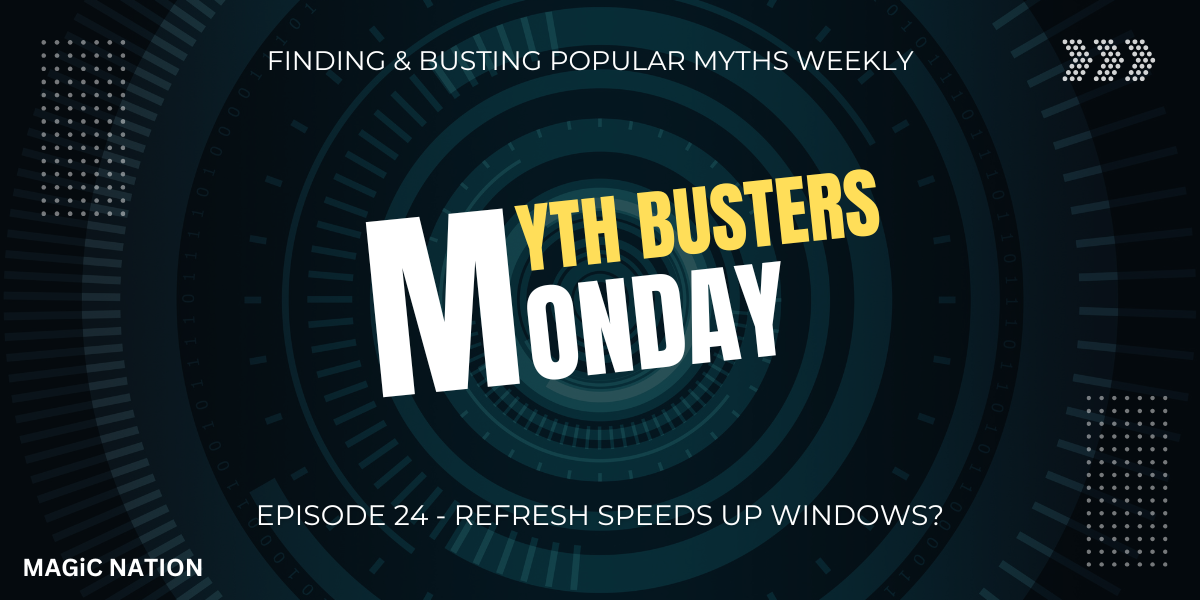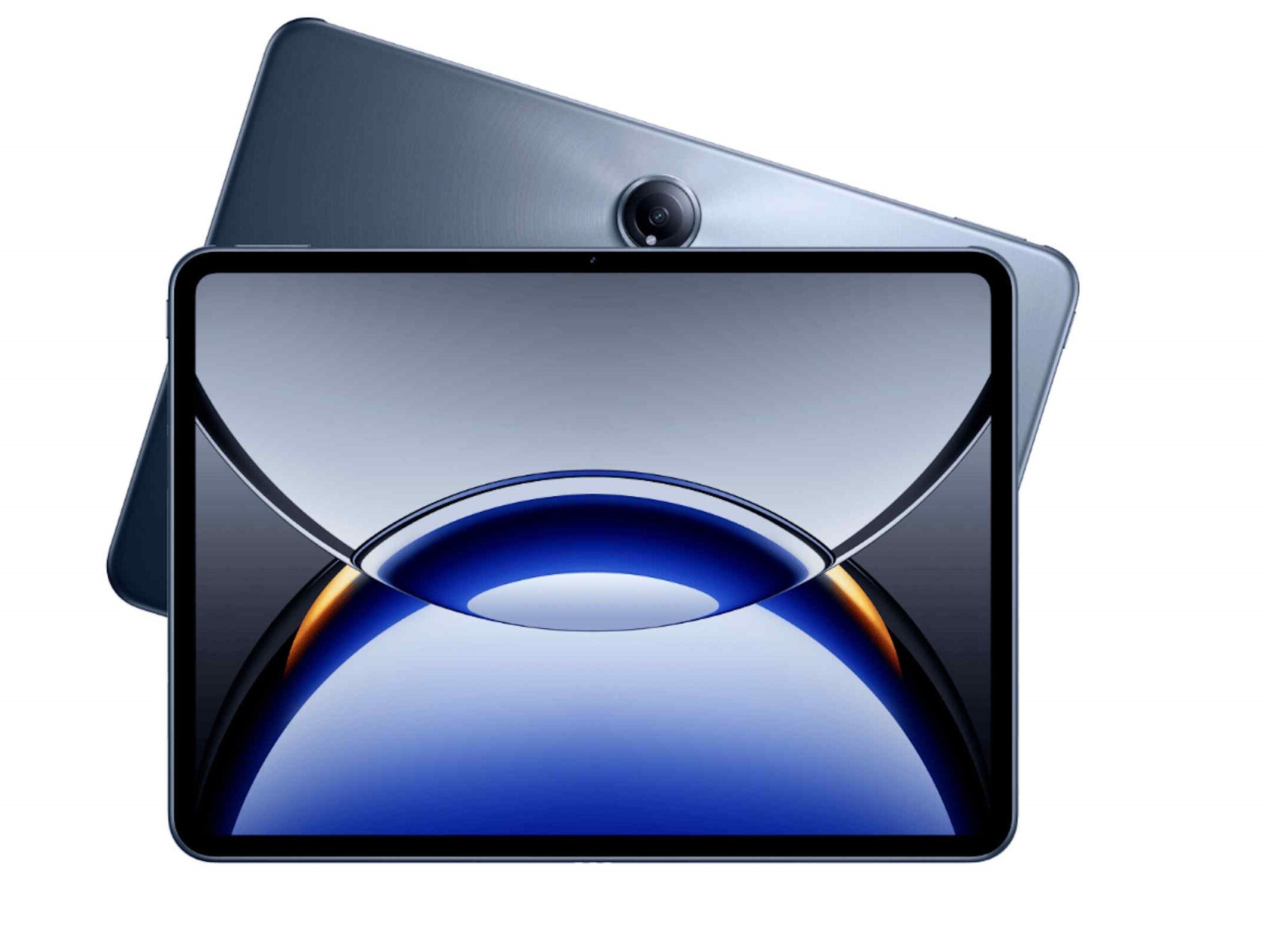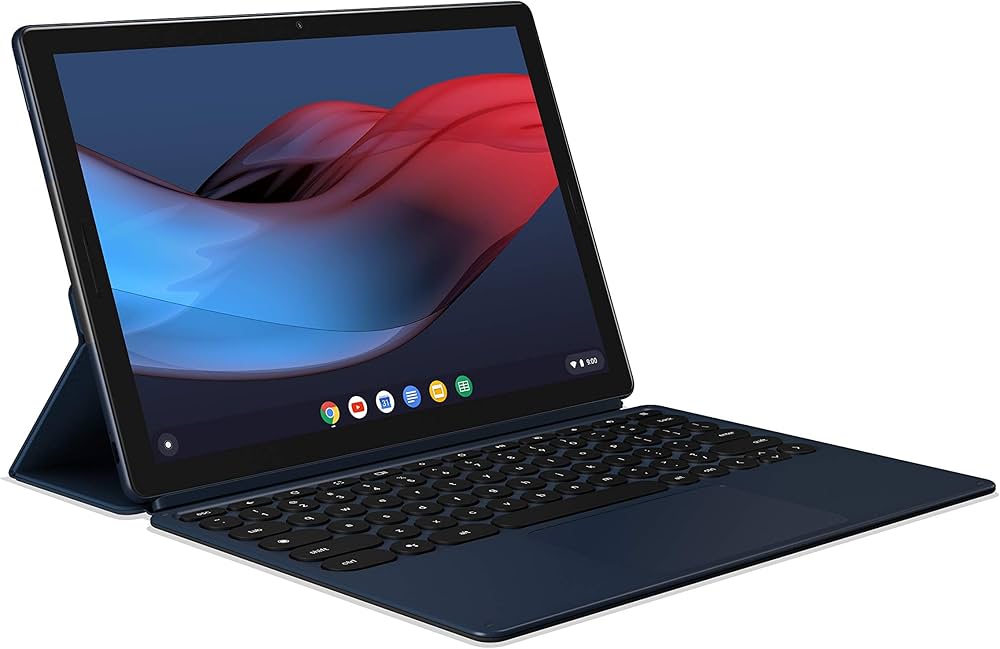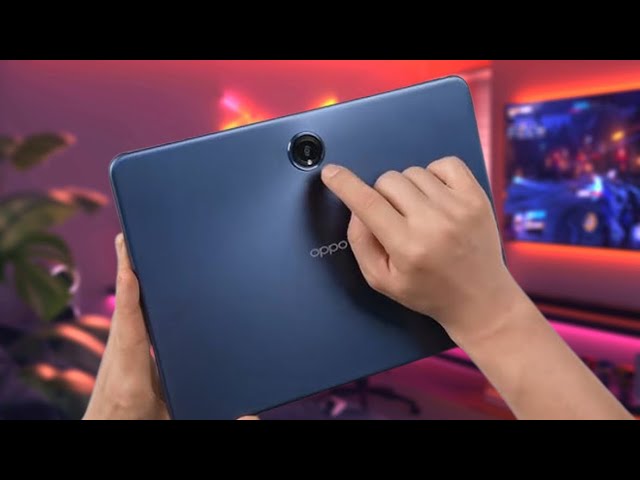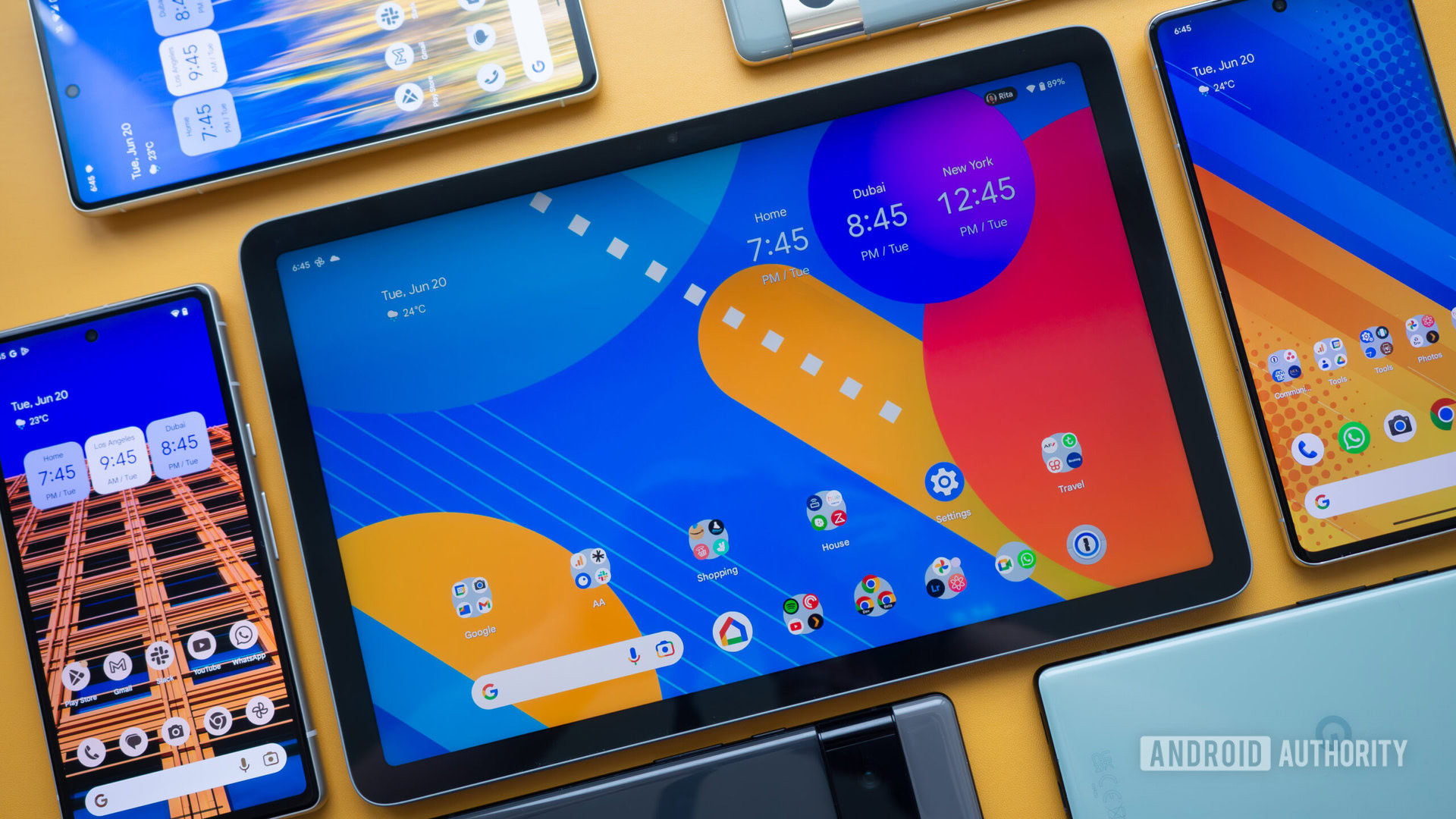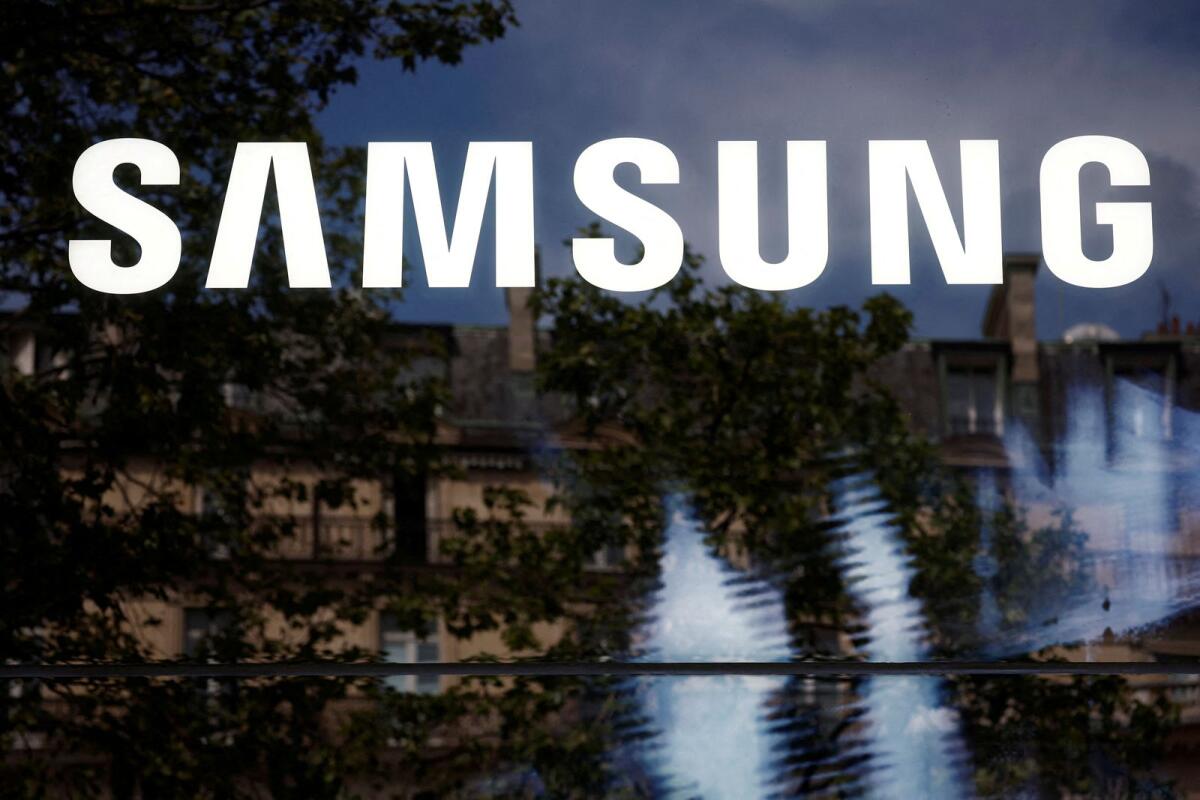
Lenovo's Chief Executive Officer Yang Yuanqing revealed that the company now expects double-digit percentage growth in global PC shipments by 2025, an upgrade from the previous forecast of 5–10 percent. Yang attributed this positive outlook to the anticipated adoption of AI-enabled PCs and Microsoft's Windows 11 operating system, which is likely to fuel a new upgrade cycle.Higher Growth Forecast for PC Shipments
“The overall PC market will expand in the current quarter,” Yang told Bloomberg News. He also expressed confidence that Lenovo will remain competitive even if newly re-elected US President Donald Trump imposes tariffs on foreign goods.
Lenovo’s net income grew 44 percent year-over-year to $358.5 million (roughly ₹3,027 crore) in the September quarter, surpassing analysts’ expectations of $343.3 million (roughly ₹2,899 crore). Revenue for the quarter also exceeded forecasts, rising 24 percent to $17.85 billion (roughly ₹1,50,738 crore).Better-Than-Expected Earnings
Lenovo’s strong performance contrasts with the broader PC industry, which has struggled to recover from a recent downturn. The company’s quarterly PC shipments increased by 3 percent from a year ago, outperforming rivals Dell Technologies Inc. and Apple Inc., which saw declines during the same period, according to market researcher IDC.
The PC industry is banking on artificial intelligence to drive growth. Lenovo and its competitors are introducing AI features with the support of Windows maker Microsoft Corp. to appeal to consumers looking for smarter, more capable devices. These AI PCs promise enhanced productivity and performance but come with higher price tags, leaving their mass-market appeal uncertain.The AI-Driven PC Market
“The market is taking a breather before going into the year-end buying period,” said Bryan Ma, vice president at IDC, highlighting the importance of consumer reception to this new wave of AI-powered PCs.
Lenovo’s commitment to AI extends beyond consumer devices. The company’s Infrastructure Solutions Group, which provides data center hardware for large-scale customers, is a key component of its AI strategy. Lenovo is positioning itself as a leader in providing the infrastructure necessary for AI model training and computations, aiming to capitalize on the growing demand for data center solutions.Beyond PCs: Lenovo’s Infrastructure Solutions Group
As Lenovo positions itself for growth, the company faces several external challenges. The potential for tariffs under President Donald Trump’s administration could impact its global supply chain. However, Yang expressed confidence in Lenovo’s ability to navigate these challenges, stating that the company is not particularly disadvantaged compared to its competitors.Competitive Landscape and Challenges
Meanwhile, the broader PC industry must contend with uncertainty over consumer demand for AI-powered devices. The success of Lenovo’s ambitious strategy hinges on the reception of these higher-priced products and the pace at which AI adoption accelerates.
With strong financial results and a strategic focus on AI, Lenovo appears poised to ride the next wave of innovation in the PC market. Its optimism for double-digit shipment growth by 2025 underscores its belief in the transformative potential of AI-powered devices.Looking Ahead
As the industry gears up for the year-end buying season, Lenovo’s performance will be closely watched as a bellwether for the broader market’s recovery and the adoption of AI-driven technology.

